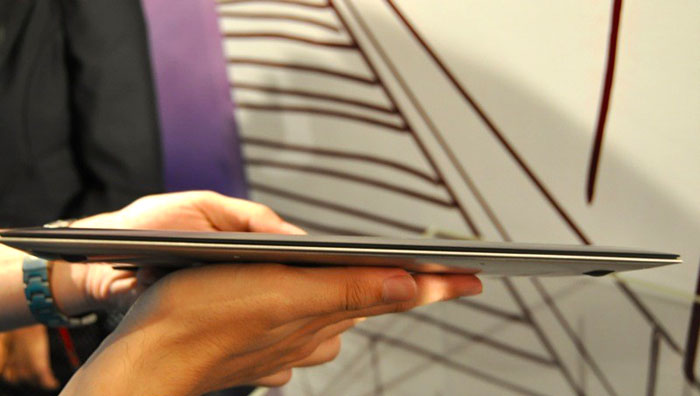An alliance of American trade associations representing copyright-based businesses has recommended to the US government that the Philippines be put in priority watch list because of the country’s weak IP enforcement.
In a country report it issued on February 15, the International Intellectual Property Alliance (IIPA) recommended that the Philippines be elevated in the “Priority Watch List" under the “Special 301" listing of the US Trade Representative.
The annual Special 301 is a summary of foreign countries that “deny adequate and effective protection of intellectual property rights or fair and equitable market access for US persons relying on intellectual property protection."
The IIPA noted that “notwithstanding the enactment of a good anti-camcording law, the Philippine Government has not effectively implemented this new law or addressed other problems identified" in the group’s previous reports.
“With a new President (Aquino) and Cabinet in the Philippines since June 2010, IIPA hoped that a new era would also emerge in the area of copyright protection, taking care of unfinished business left by the previous Administration and Congress. Unfortunately, much remains to be done," the alliance said.
The report said “copyright piracy remains a significant barrier to legitimate trade in copyright materials in the Philippines, causing losses to all the industries."
The piracy phenomena abound, it added, citing the “growing P2P and other Internet-based piracy (and increasing mobile piracy), software end-user piracy in businesses, illegal camcording of movies in theaters, book and journal piracy, retail shop and mall piracy, Pay TV theft, and some remaining pirate optical disc production being imported or exported."
Although it cited the efforts of the Philippine Anti-Piracy Team (PAPT) which have raided on establishments selling and using pirated materials such as business software, the report said the authorities have not made significant progress.
The IP group said the law enforcement agencies “have not taken steps to significantly reduce Internet-based infringements, or conduct surprise and transparent inspections on all optical disc plants and CD-R burning operations," among others.
The report also complained about the lack of effective court remedy against copyright infringement in the country, noting that there have only been five criminal convictions under the Copyright Act (and three under the Optical Disc Act) since 2002 and no criminal convictions in 2010 for copyright piracy.
“The largest criminal fine ever imposed in the Philippines for copyright piracy was a modest P200,000 (approximately $4,550), and in only two known cases did the penalty include imprisonment (in each case, one year, although the defendant in one case absconded and remains at large)," it observed.
“The Philippine Government needs to make more effective its anti-piracy activities to reduce piracy levels in the country," it admonished.
The IIPA said the country may have to implement these “priority actions in 2011":
- Implement Anti-Camcording Act of 2010 with first cases brought against illegal camcording in the Philippines.
- Ensure search warrants are obtainable on a reasonable and timely basis consistent with international law and that they are not easily quashed.
- Remedy enforcement bottlenecks, including inquests and preliminary investigations by the Department of Justice by streamlining signing procedures.
- Re-establish specialized IP courts and have Supreme Court issue Special IP Court Rules to increase speeds of dockets and enable more cases, including criminal cases, to move forward in the system.
- Issue implementing rules for the penal provisions of R.A. 8792 (Electronic Commerce Act), particularly on piracy.
- Provide adequate funding for the Optical Media Board, and have OMB run verification visits and ensure their transparency by permitting the presence of stakeholders in plant visits and other operations.
- Clarify the jurisdiction and powers of the National Telecommunications Commission (NTC) and the Commission on Information and Communication Technology (CICT) to enable them to take enforcement actions against online infringements, and create a streamlined procedure to allow complaints to be filed to NTC and CICT.
- Pass as a matter of first priority amendments to the IP Code to fully implement the WIPO Copyright Treaty (WCT) and the WIPO Performances and Phonograms Treaty (WPPT) and make other important changes.
- Enact and implement legislation to facilitate removal of infringing material or services from the Internet through an effective notice and takedown system, establishing ISP responsibility and fostering ISP cooperation.
- Adopt landlord liability in the law.
- Permit voluntary music collective management organizations (CMOs) to commercially operate without interference from the government.











0 comments:
Post a Comment